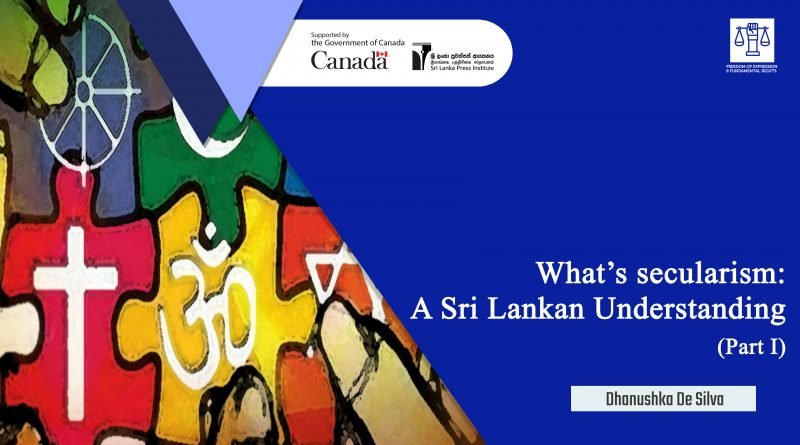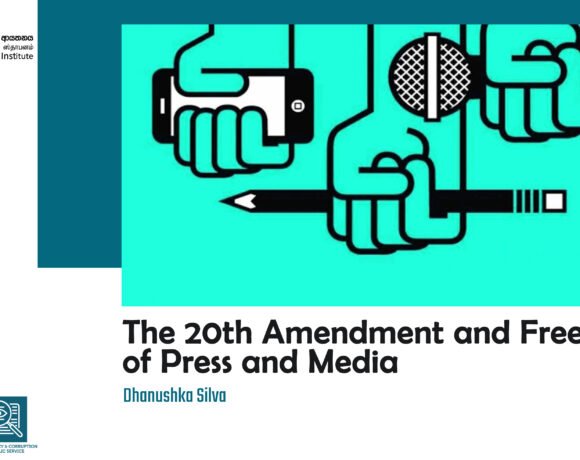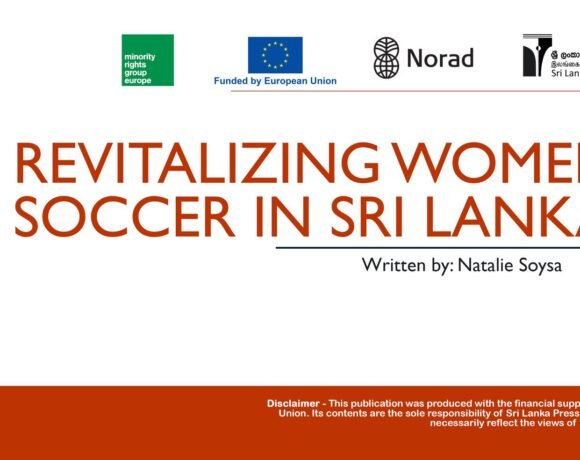Dhanushka De Silva
Federalism is a concept that creates an indefinite sense of fear among the Sinhalese in the South. Similarly the concept of a unitary state does the same among the Tamil people in the North. Both concepts are merely power-sharing mechanisms that scatter power from the centre to the periphery. They have not yet been able to address the Sri Lankan styled national question progressively. The correct use of these concepts is in a dilemma since ordinary people lack understanding of the same. On the other hand, those who are well knowledgeable about these concerns do not interpret them as necessary. Therefore, the correct meaning of these concepts has been blurred.
Secularism is also such a distorted concept in Sri Lanka. The recent discussion on secularism begins with the recommendations of the Public Representation Committee report from early 2016. The commission recommended that the relationship between the new Constitution and religion should be secular. It was one of the key recommendations among many regarding the nature of the state. As the previous government lacked a post-awareness programme regarding the recommendations of the PRC report, political parties that took over these responsibilities, analyzed these recommendations according to their own political wishes.
Conceptually secularism is an important stick-yard in deciding the status of the state in modern world constitutionalism. This article is a primary inquiry on the practice of Secularism with regard to Sri Lankan polity.
Understanding the Concept of Secularism with Equality
The concept of secularism has two primary meanings,
The first is the separation of religion from state. This basically means the state does not give prominence to any particular religion, nor does it give space for lawmakers to make religiously-biased-laws. In this context, the state seeks to maintain neutrality and impartiality in respect to every religion. The Indian legal writer, B. Chakrabaraty, termed this idea as the creation of an “impassable wall” between the state and religion.
The second interpretation of secularism is , respect for all religions on an equal basis. This idea is also based on the condition that a state is neutral. According to formal interpretations, equality is termed as equal treatment of everyone. The radical interpretation of the concept of equality promotes special consideration for certain individuals aiming to build up an egalitarian society. According to John Rowles, paying special attention to a child who does not have an educational drive is not inequality. Because the ultimate purpose of that special treatment is to create equality. Applying the logic to the context, if one religion keeps interfering in state affairs or law, then the foundation of secularism will topple. Rather, the state paying special attention towards one particular religion aimed at the establishment of religious equality, will not go against the clear-cut meaning of secularism.









